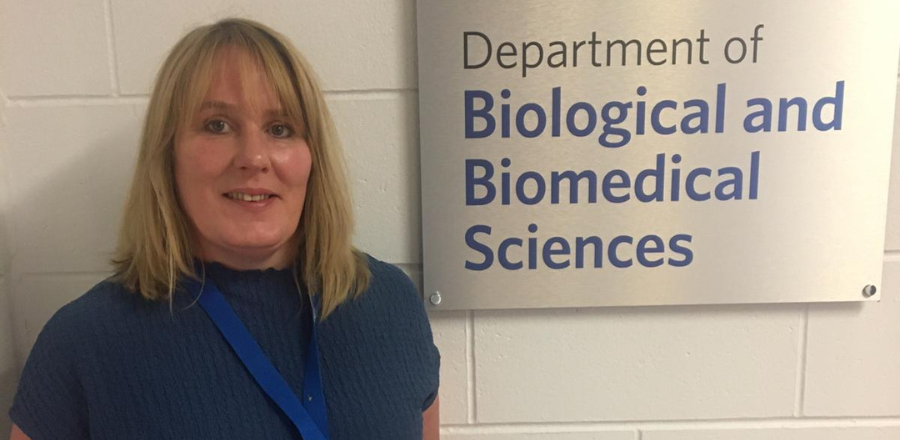New research networks will tackle antimicrobial resistance

Bioscientist Dr Janice Spencer is part of a team of scientists who will share £4.8million of funding from UK Research and Innovation (UKRI) to tackle one of humanity’s biggest threats, antimicrobial resistance (AMR).
Eight new networks, combining different research specialisms, have been launched as part of UKRI’s tackling infections strategic theme.
Dr Spencer, a lecturer in the Department of Biological and Biomedical Sciences at Glasgow Caledonian, is co-lead on the Futures AMR Network (FAN), which is led by Queen's University Belfast.
FAN will support early career researchers across a range of disciplines to become future leaders in the AMR field. It will tackle AMR in the areas of agri-food health, environment and medicine using approaches in the arts and artificial intelligence (AI), behavioural economics, clinical engineering and discovery.
Dr Spencer said: “I am delighted to be awarded this funding and excited to start working with the newly formed, dynamic transdisciplinary team of researchers aiming to develop a network to tackle antimicrobial resistance and identify gaps in knowledge.
“This novel network aims to focus on the development of early career researchers, providing them with a platform allowing the amplification of their often-underrepresented voices.”
Launched in April 2018, UKRI is a non-departmental public body sponsored by the Department for Science, Innovation and Technology (DSIT). Working with the government, it invests £8 billion a year in research and innovation.
Dr Colin Miles, Head of Strategy, Advanced Manufacturing and Clean Growth at UKRI, said:
“Tackling the creeping pandemic of anti-microbial resistance – increasing resistance to antibiotics – is a large, complex problem. Ten million people each year are expected to lose their lives to it by 2050.
“Rather than taking single-discipline approaches, we need researchers from across disciplines to come together and look at all aspects of the problem – from human behaviour and how we grow crops and rear animals for consumption to how we manage the environment or use technology, clinical management strategies or challenge established cultural norms.”
